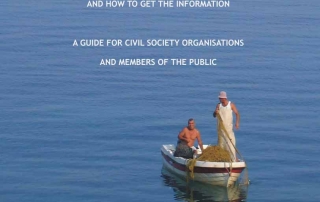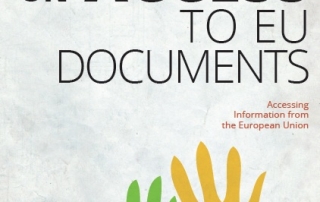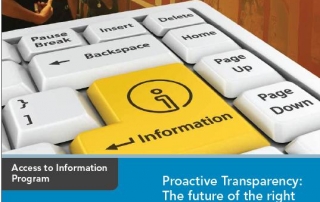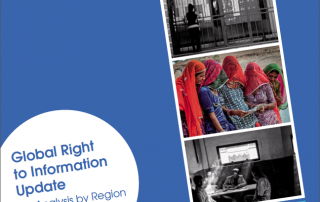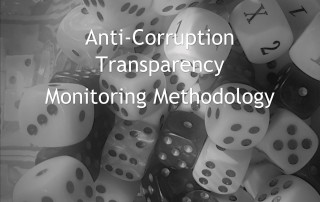AsktheEU.org Report on the Council of the European Union
Helen Darbishire2018-11-13T10:11:28+01:00The Council of the EU is failing to comply with EU transparency rules by not respecting time frames for responding, applying too many extensions to requests, and not informing all requesters of their right to appeal when information is denied, according to a report published today by Access Info Europe. Analysis of 50 access to documents requests submitted to the Council between 2011 and 2013 via the AsktheEU.org platform, found that the average time for answering was 20 working days, significantly over the maximum 15 working days permitted by EU law. Requests which resulted in partial denials of information were


